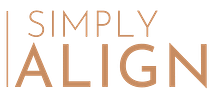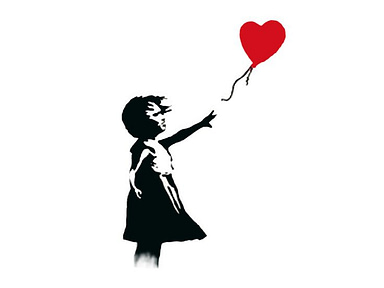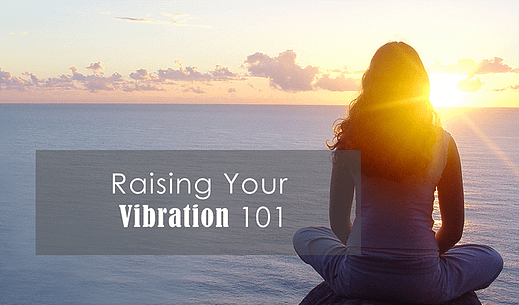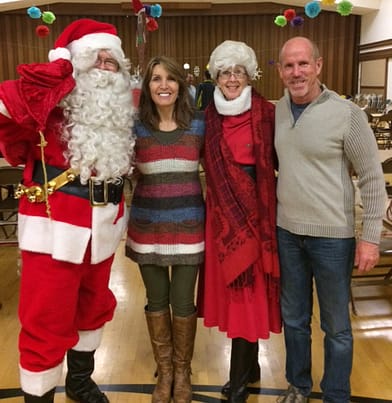Good, Better, Best
Most of us start out feeling fresh at the beginning of a new year. We get our plans, activities, intentions, and goals written down and then, unfortunately sometimes a few months into it, and as our calendars and lives fill up, those resolutions begin to lose a little steam, if not outright go by the wayside. We live in a busy world with so many wonderful and life-enhancing activities to choose from on a daily basis.
Choice is a great thing. It gives us opportunity and variety, but it also has a cloudy side: too many choices can add to our overall busy-ness by causing us to take on too much. It can cause us to lose sight of our ultimate goals, and can lead to mental vapor lock. With so many voices and BSO’s (bright shiny objects) vying for our attention how can we choose wisely and well?
When I start getting too much on my plate, I use the “good, better, best” filtering system. This system is a tool that helps me achieve my goals and aspirations, because some things we have to just let go or not go after because although they may be good, or even better, we are going for the best goal!
Since there is never enough time for all the good things you’d love to do, you need to choose wisely, and choose things that match up with the goals you’ve set for yourself. In a more general sense, they should line up with your core values as a human being. Often, this alone will help you weed out a good many choices with very little trouble.
Set aside some writing/journaling time to prioritize what’s in your life at the moment. Write out a list of all the important elements in your life, such as family, work, education, hobbies, church, activism, self-improvement, etc. Ponder which parts are most important to you (there are no wrong answers here, by the way). Any choice you face in your life will fall into one of these categories, so if you rate their importance, it gives you a good measuring stick to begin with. Arrange the items so the top third of your list is the best, the middle third is better, and the bottom third is good.
When you are presented with a choice to participate in an activity or otherwise invest your time, where does that activity fall? If it falls in the upper third, the best, then your choice is clear. If it falls in the bottom third, and you have many projects going in the upper third, that option can be dropped without remorse. If you have little going on in the top third and a bottom third option presents itself, by all means, go for it!
This may sound like a no-brainer, but for me, seeing those
three categories in my mind when trying to make a decision
about a new idea or project makes decisions SO much easier!
Even if now, in this particular season of your life, you find you can’t participate in some of the good stuff, remember that seasons change. In a future season of your life, you may have more time to devote to the good activities, in addition to the better and best.
So take a breath and slow down. Take the time to use the good, better, best system to decide your BEST course of action is every day. You’ll find you have more time, energy and are closer to your goals than you would be otherwise.



 Holidays are coming up and for many of us that means we’ll be attending some family gatherings. I’ve worked with enough clients over the years to know that although for some families it is tons of fun to be all together, for other families get-togethers can be a bit strained and awkward, and…well, even end up a little unpleasant.
Holidays are coming up and for many of us that means we’ll be attending some family gatherings. I’ve worked with enough clients over the years to know that although for some families it is tons of fun to be all together, for other families get-togethers can be a bit strained and awkward, and…well, even end up a little unpleasant.

 This is part 2 of my “Letting Go” series. If you missed Part 1 “When your buttons get pushed how well you you manage?” you can find it here
This is part 2 of my “Letting Go” series. If you missed Part 1 “When your buttons get pushed how well you you manage?” you can find it here When you have an automatic, negative response to something, this often indicates a hypersensitivity that’s referred to as “getting your buttons pushed.” Usually these sensitivities have developed due to hurtful childhood experiences, such as repeatedly being criticized, rejected or feeling controlled.
When you have an automatic, negative response to something, this often indicates a hypersensitivity that’s referred to as “getting your buttons pushed.” Usually these sensitivities have developed due to hurtful childhood experiences, such as repeatedly being criticized, rejected or feeling controlled. Over the years in my work as a teacher of Energy Healing, one of the questions I get asked a lot is…”how can I keep my vibration high and maintain it even on tough days?”
Over the years in my work as a teacher of Energy Healing, one of the questions I get asked a lot is…”how can I keep my vibration high and maintain it even on tough days?” There are so many extra “to dos” during December, and I realize sometimes a regular routine can get lost in the flurry, at least mine can!
There are so many extra “to dos” during December, and I realize sometimes a regular routine can get lost in the flurry, at least mine can!
 How often have you invested in a personal growth training to try to improve something you felt you were not good at? Perhaps it was writing, marketing, trusting your intuition or public speaking. For most of us, trying to improve our weak areas in operating a business or improving people skills comes with the territory. Whatever the area, we feel as if we are required to do battle with what we don’t do well.
How often have you invested in a personal growth training to try to improve something you felt you were not good at? Perhaps it was writing, marketing, trusting your intuition or public speaking. For most of us, trying to improve our weak areas in operating a business or improving people skills comes with the territory. Whatever the area, we feel as if we are required to do battle with what we don’t do well.